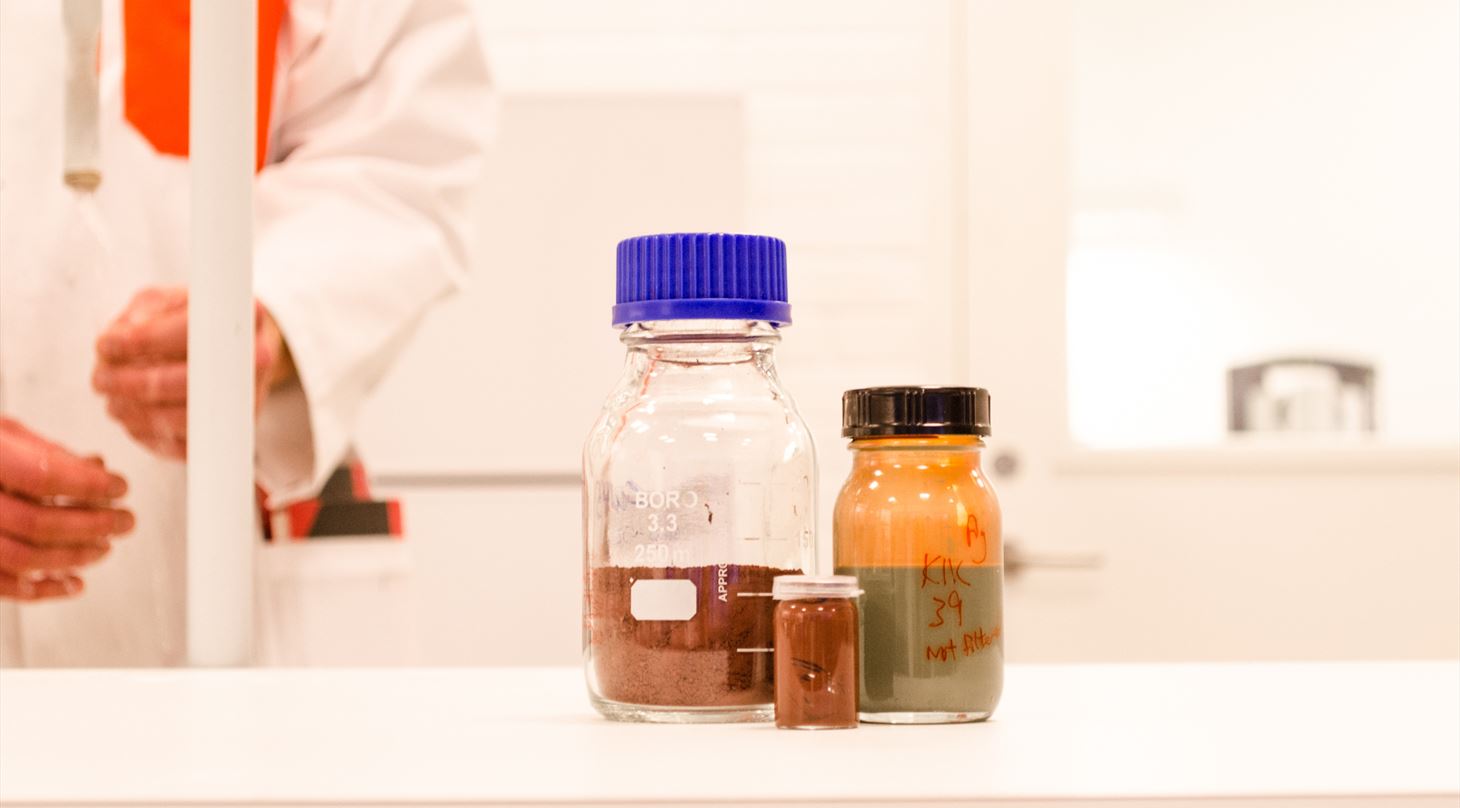Danish Technological Institute (DTI) has been granted €10.6 million to set up an Open Innovation Test Bed (OITB). Named LEE-BED, the center will focus on advancing the field of 3D printed electronics.
Zachary James Davis, Project Coordinator for LEE-BED, comments, “Printed electronics opens up a whole world of new opportunities, as complex constructions can be embedded just like using 3D printing, at prices able to compete with mass-produced goods.”
“Quite simply because electronics can be produced from CAD drawings and printed on flexible materials, as already used in architecture and 3D print.”

3D printed electronics
In recent years, 3D printing technology has brought a lot of change in how electronics are manufactured. Traditionally manufacturing of electronic circuits and boards required more than twenty steps. But with 3D printers like the DragonFly Pro by NanoDimension electronics can be manufactured in one step. Furthermore, with innovative materials being developed, 3D printing also offers customization and miniaturization.
DTI has been involved in the field of 3D printed electronics since 2016. The University has developed conductive nano-copper and nano-silver that can be used for printing electronics. Currently, DTI possesses a Ceradrop F-series 3D printer which deploys inkjet and aerosol jet system by Optomec and is capable of printing conductive materials on various substrates.
Expanding the horizon
Through Horizon 2020, the European Union has allotted €30 billion to focus on the advancing six nanotechnologies which include, nanomaterials, bio-based nanomaterials and nonpharmaceutical. For this purpose, a set of entities called Open Innovation Test Beds (OITB) are established in at least three European Union Member States or Associated Countries.
OITB provide common access to research equipment and services that are needed to develop nanotechnology. DTI has received the latest funding through the Horizon 2020 programme and will act as a project leader for the LEE-BED.
Davis added, “All the partners in LEE BED will provide their various skills and facilities within printed electronics to enterprises that want to integrate and embed electronics into their products.”
Moving forward
With the establishment of LEE-BED, research institutions and businesses can propose projects to DTI. These will be funded via Innovation Fund Denmark and Horizon 2020. The collaborators will be able to use the common facilities and equipment of DTI.
Davis explained, “Enterprises will be able to prove the viability of new technologies without major investment and financial risk during the all-important initial phase. We have already started working with jewelry giant Swarovski, looking into the idea of intelligent light in their crystals that can be integrated with clothing and home interiors.”
Currently, DTI is partners with 16 Research and Technology Organizations (RTO) which include the Eindhoven University of Technology and the Fraunhofer Society.
Vote for your Research Team of the Year in the 2019 3D Printing Industry Awards. For more of the latest 3D printing news subscribe to our newsletter and join us on Facebook and Twitter.
We also have jobs in the industry. Visit our 3D Printing Jobs page to learn more.
Featured image shows conductive nanomaterials developed by DTI. Image via Danish Technological Institute.


